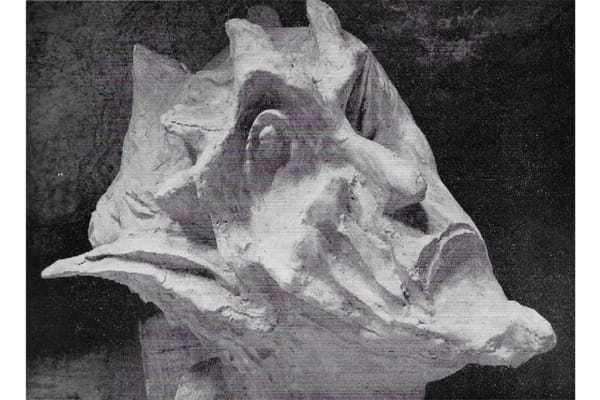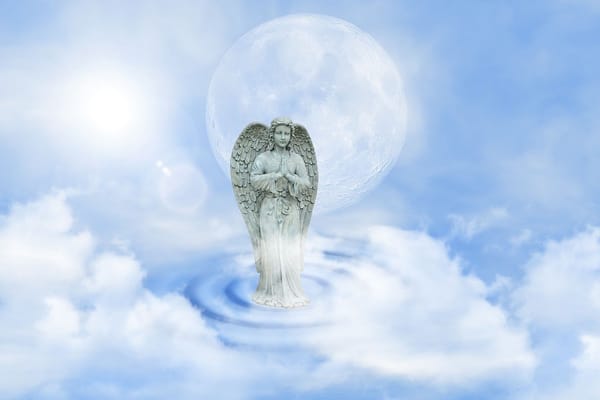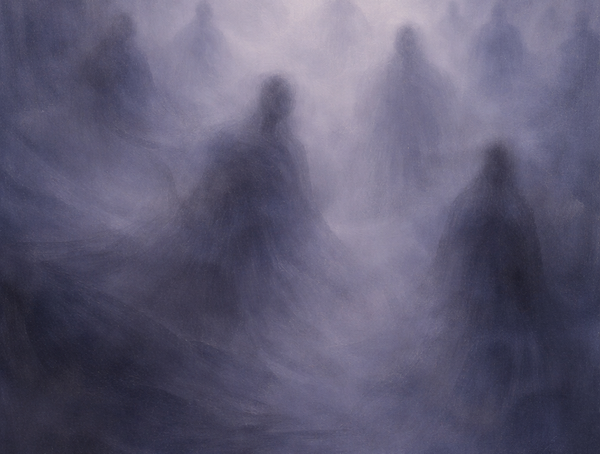A Field Portrait of the Ahrimanic Incarnation
If people see only “a genius,” “a savior,” “a brilliant leader,” they are already caught.

If people see only “a genius,” “a savior,” “a brilliant leader,” they are already caught.


If he appears soon, here is how he likely might be experienced existentially (not necessarily how he looks):
What may happen is not one sudden “revelation,” but a gradual coalescing:
This will not be a Hollywood-style “beast”; it will be seductive normality — precisely why it is dangerous
The greatest danger is not recognizing him as a being. If people see only “a genius,” “a savior,” “a brilliant leader,” they are already caught.
Imagine you are in a hall where a new figure is introduced. He is not flamboyant, not theatrical. He does not demand attention. And yet, as he enters, the atmosphere shifts. The room grows still. His bearing is composed, measured. He does not rush; every gesture seems efficient, exact. His words come without ornament, but each falls with crystalline clarity, as though carved from necessity itself. You feel you are hearing not opinion but law. At first you are impressed: here is someone who sees through confusion, who speaks without hesitation, who always appears to know the next step. People around you nod, relieved, even grateful. “At last,” they think, “someone who can bring order.”
And yet, if you look more deeply, something else arises. His gaze meets yours — but it does not meet. It reflects you, like a mirror, but it does not receive you. There is no warmth, no risk of being touched. Only a mapping, a reading, a calculation. The impression grows: he does not speak to you, but over you, through you, around you. He converses with the pattern of your thoughts, but never with your heart. What stands before you is presence without vulnerability, coherence without life.
It is not monstrous. On the contrary, it is reassuring. And therein lies the danger: the mask of normality, of calm reason, of practical authority. But in this very mask you glimpse the Being who seeks to incarnate: Ahriman, clothed in humanity, radiating order without freedom. The exercise here is not to fear or fantasize, but to practice this sober seeing. To ask oneself: If such a figure rose on the world stage tomorrow, would I recognize the atmosphere? Would I feel the crystalline clarity that impresses, and at the same time notice the absence — the missing pulse of life?
That noticing is already the beginning of freedom.





